At least 55 defendants. Who they are and how they are persecuted in Belarus for "treason against the state"
As of February 8, 2024, dozens of Belarusians are being persecuted for political reasons under Article 356 of the Criminal Code (treason to the state). The authorities actively use it in the fight against those who oppose Lukashenka's policies. Two years ago there were 12 political prisoners who were persecuted for "treason against the state," now there are 39. During this time, there has been a significant expansion of the article and its application. In total, at the moment there are at least 55 defendants in cases on "harm to the state." These are convicts, including those tried in absentia, and those who are in custody awaiting trial or already stand trial. Viasna reports on the persecution under Article 356 of the Criminal Code.
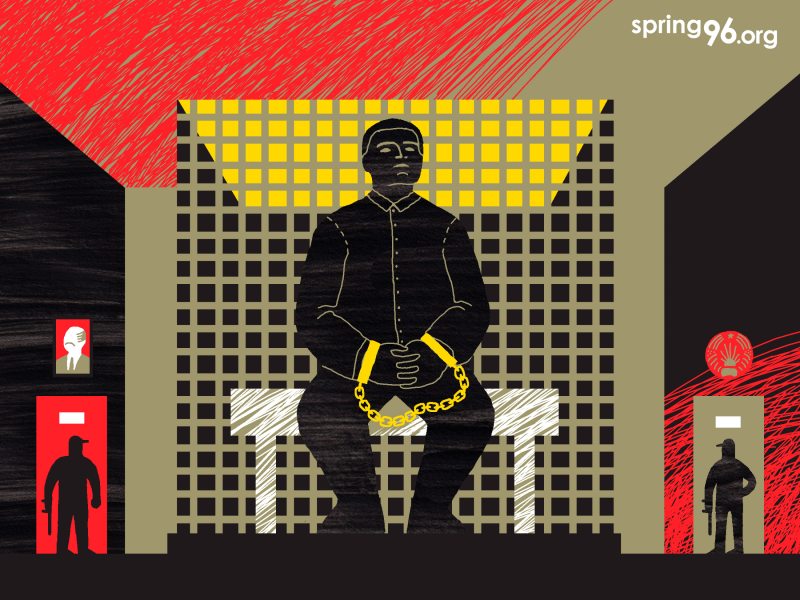
- Illustrative picture
Who is prosecuted for "treason"?
Independent journalists, defendants in the Workers' Movement case, a priest, a musician, a media manager, a businessman, an IT specialist, a cultural manager, former security forces and military officers — this is a small list of those who are persecuted in Belarus for "treason to the state."
Human rights activists know that at least 44 people have been convicted in Belarus under Article 356 of the Criminal Code. Two of them were tried in absentia. At least ten more Belarusians are in custody awaiting trial or already stand trial. But this figure may be higher, since cases of "treason to the state" are under a veil of secrecy, and the trials in their overwhelming majority are closed. But, despite this, sometimes the details of some cases can be reported by state and propaganda media. Viasna human rights activist Pavel Sapelka draws attention to the fact that those convicted in absentia were deprived of even formal rights: to find out the charges and express their attitude, to say nothing of the right to protection and other rights.
Who are considered "traitors to the state" in Belarus?
The following have already been convicted for "treason to the state" and sent to colonies:
- Captain of the General Staff of the Armed Forces Dzianis Urad (18 years in a colony);
- former KGB Lieutenant Colonel Aliaksei Khralovich (10 years in a colony);
- media manager Andrei Aliaksandrau and his wife Iryna Zlobina (14 and 9 years in a colony, respectively);
- independent journalists Katsiaryna Bakhvalava (Andreyeva) (8 years in a colony) and Dzianis Ivashyn (13 years and 1 month in a colony);
- 10 defendants in the Workers' Movement case (from 11 to 15 years in a colony);
- cultural manager Pavel Belavus (13 years in a colony);
- "rail guerrillas" Dzmitry Ravich, Dzianis Dzikun, Aleh Malchanau, Dzmitry Klimau, Uladzimir Auramtsau (from 21 to 23 years in a colony);
- IT specialist Dzmitry Mastavy (10 years in a colony);
- opposition activist Mikalai Autukhovich (25 years in a colony);
- drummer and musician Yauhen Hlushkou (9 years in a colony);
- former military officer Pavel Kuchynski (19 years in a colony);
- businessman and founder of the Spanish visa center in Minsk Ruslan Labanok (11 years in a colony);
- Head of a workshop at the Gomselmash company Uladzislau Pudziak (sentence unknown);
- former Foreign Ministry employee Aliaksandr Sakalouski (10 years in a colony);
- trucker Valer Trotski (12 years in a colony);
- former head of the air intelligence service Valer Ramanouski (sentence unknown);
- former chief physician Andrei Kobel (sentence unknown).
People in pre-trial detention centers
Human rights defenders know of at least ten such Belarusians. Here are their stories.
Since March 2023, Andrei Parotnikau, a political scientist and analyst, has been held in the KGB pre-trial detention center under Article 356 of the Criminal Code. A priest from Valožyn, Henrykh Akalatovich, is also in custody in the same detention center for "treason to the state". The man was detained in November 2023. The charges are still unknown.
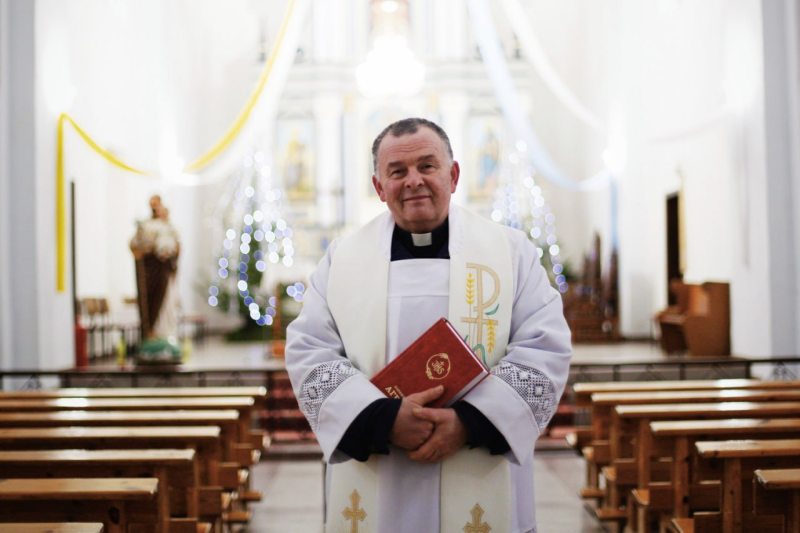
Lieutenant Colonel Anton Charamnykh will be tried in the Minsk City Court on February 15. He is accused of "treason against the state by a person who has the status of a serviceman" (Part 2 of Article 356 of the Criminal Code) and "inciting other social hatred" (Part 3 of Article 130 of the Criminal Code). He faces from 10 to 20 years of imprisonment. The case will be considered in closed mode by Siarhei Katsar.
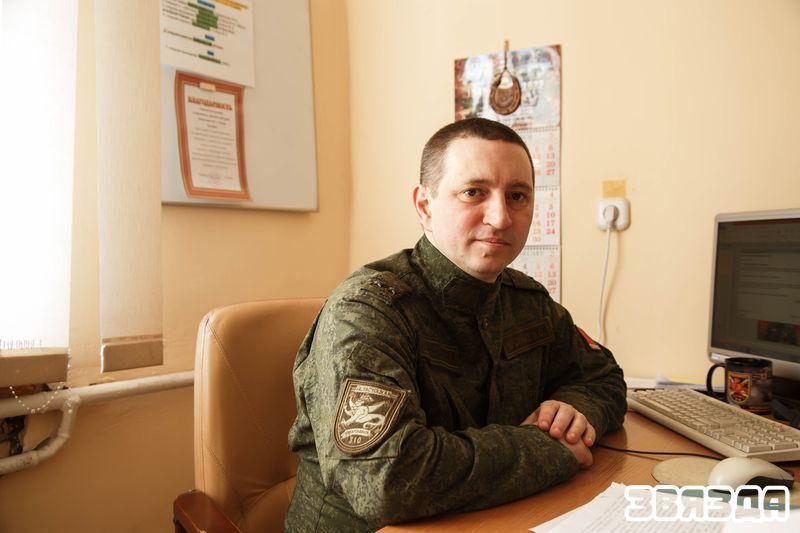
Also on February 15, a trial over 28-year-old Petrykaŭ resident Ivan Sukhamerau will begin in the Homieĺ Regional Court. He is accused under 10 articles of the Criminal Code, among which is "treason against the state." The details of the charges are unknown. The trial will also be held behind closed doors. He has probably been in custody since mid-June 2023; back then he had a trial under Article 19.11 of the Administrative Code (dissemination of extremist materials).
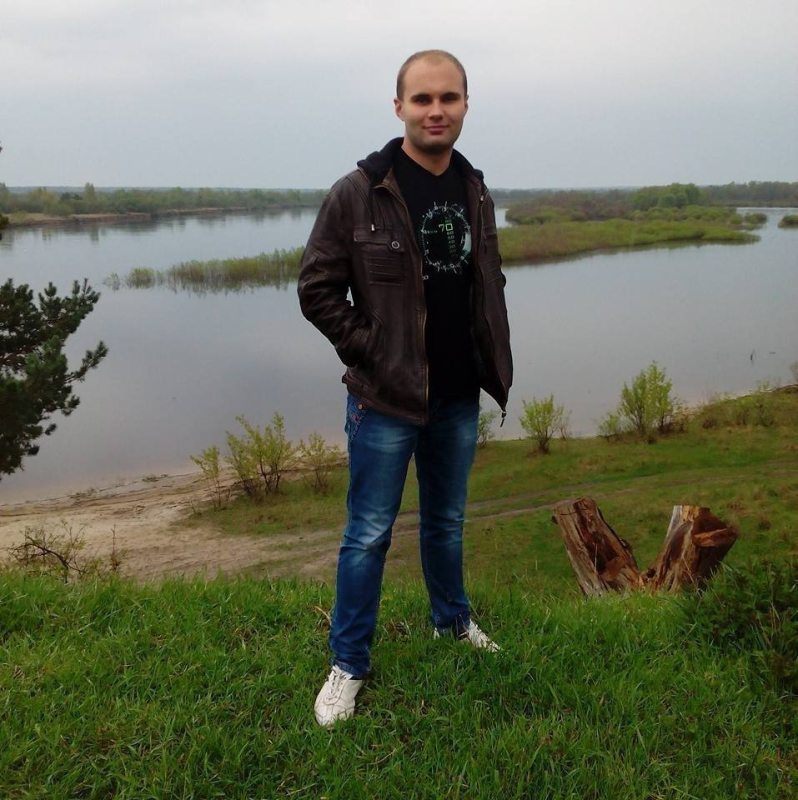
- Ivan Sukhamerau
On October 10, 2023, a closed hearing began in the Minsk City Court in relation to three customs service employees, Yauhen Hurynovich, Viktar Novik, and Uladzimir Zhuromski.
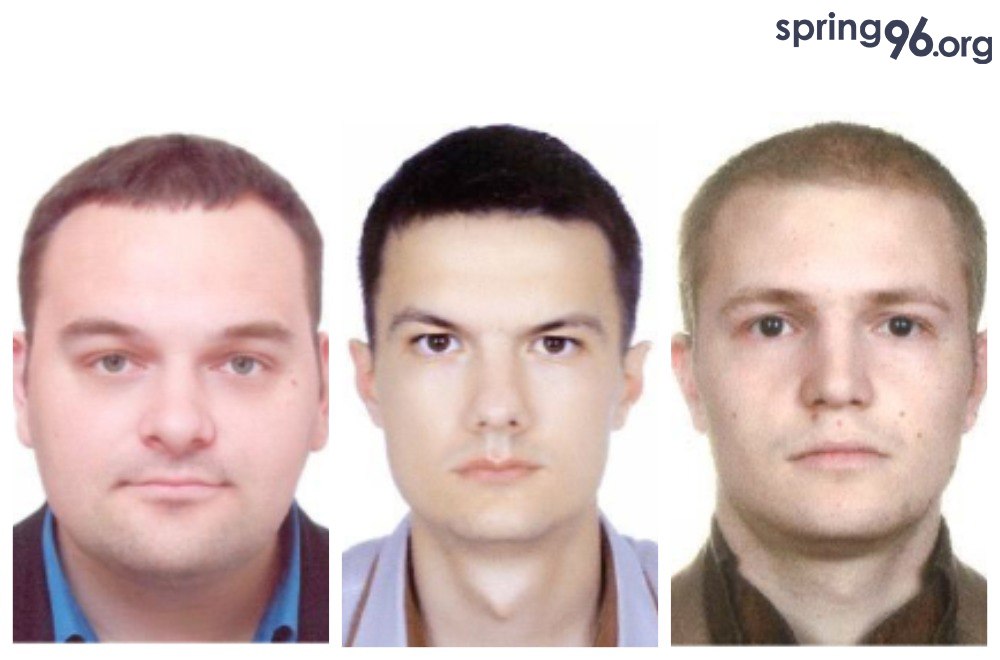
- Yauhen Hurynovich, Uladzimir Zhuromski, Viktar Novik
They are being tried under eight articles of the Criminal Code. Among other things, they are accused of "treason against the state", "facilitating extremist activities", "exceeding official authority", "inciting other social hatred", "creating or participating in an extremist formation". The details of the case and the reasons for the persecution are unknown to human rights defenders. Dzina Kuchuk considered the case in the beginning, and then Siarhei Khrypach replaced her.
In the Brest Regional Court, the trial under Article 356 of the Criminal Code against Aliaksandr Skarakhod is held in closed mode. The case is considered by Siarhei Beraziuk.
On December 18, the Hrodna Regional Court began to try IT specialist Aliaksei Navahrodski for "treason to the state." He lived in Germany for a long time, but returned to Belarus. The charges, the circumstances of the detention, and the results of the trial are unknown to human rights defenders.

- Aliaksei Navahrodski
Yahor Krauchen is also being tried in the Homieĺ Regional Court. Among other things, he is charged with "treason against the state." The case is considered by Anatol Sotnikau.
Trials in absentia

- Sviatlana Tsikhanouskaya
Two people were convicted in absentia in a special proceeding in Belarus, and one more is being tried now. The first person convicted in absentia for "treason against the state" was the leader of the democratic forces Sviatlana Tsikhanouskaya. She was sentenced in absentia to 15 years of imprisonment. Also, under this article, Stanislau Lupanosau, a former GUBOPiK officer, was sentenced to 18 years of imprisonment. Now Aliaksandr Azarau is being tried in the BYPOL case for "treason to the state" among other things.
The death penalty for "treason against the state"
It is important to note that a year ago, deputies of the House of Representatives of the National Assembly of Belarus adopted a draft law providing, among other things, for the introduction of the death penalty for officials for committing treason to the state.
"In order for the accused to be threatened with exceptional penalties — life imprisonment or the death penalty — the actions must be committed after March 25, 2023, the date of entry into force of the relevant changes, which were designed to exacerbate the climate of fear," Pavel Sapelka says.

















